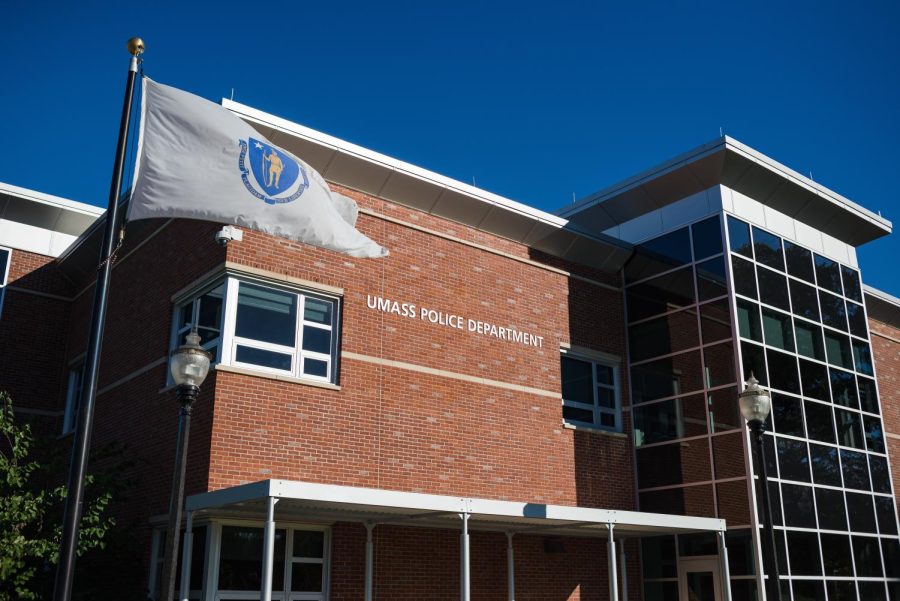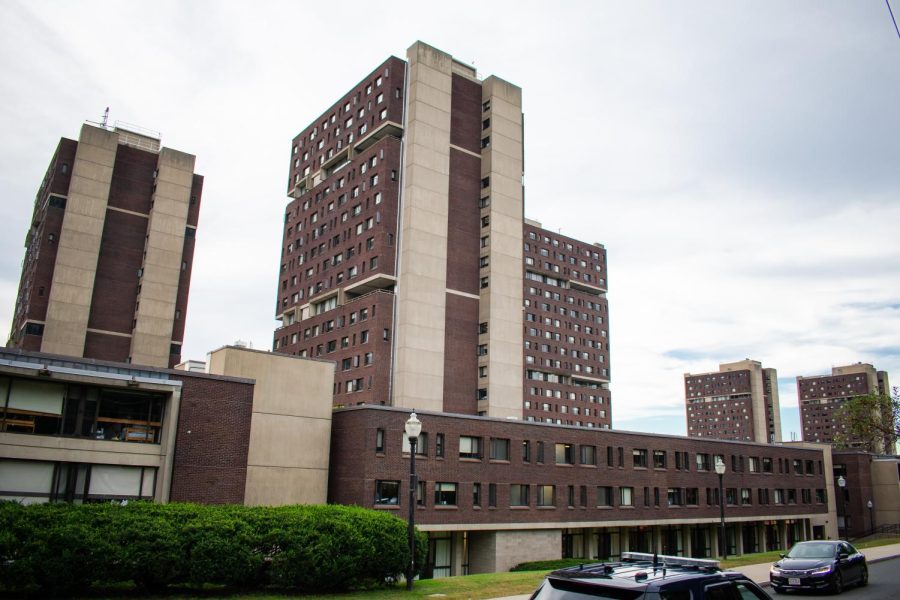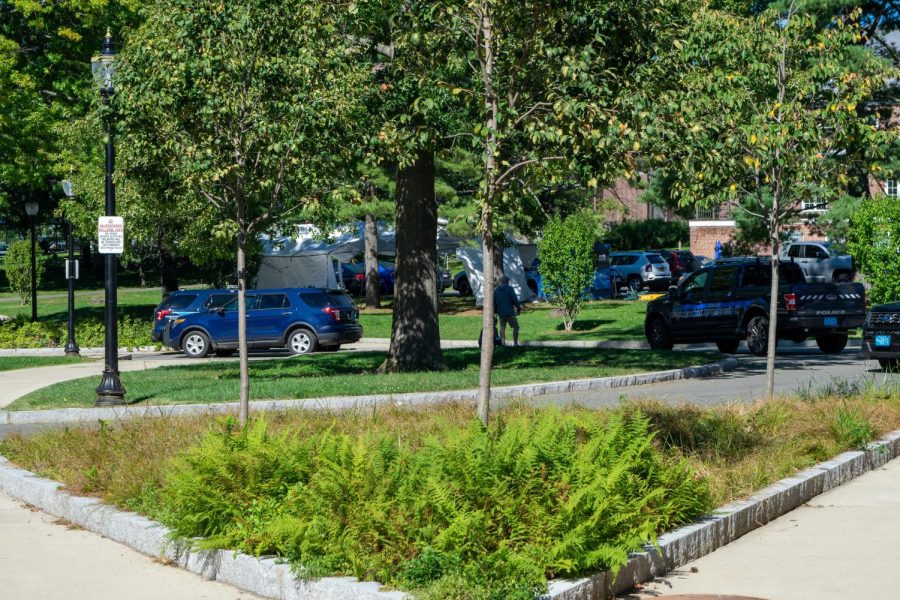
The Massachusetts Supreme Judicial Court unanimously ruled that it is criminal to distribute marijuana two weeks ago, and that no proof of sale is needed to declare one’s intent to distribute the drug.
A person who is proven to have intentionally distributed marijuana will receive a $5,000 fine and may be jailed for up to two years. The previous law, which was backed by voters four years ago, charged offenders a fine of $100 at maximum.
“I think it will be really hard to determine if [people] have the intent to distribute [marijuana],” said University of Massachusetts senior Kathleen Smith. “I don’t … agree with the fact that they assume either way.”
Although she agreed that the sale of marijuana should continue to be taboo, Smith said that there is no concrete way to identify who intends to distribute.
This ruling applies to almost all quantities of marijuana although a law passed in 2008 decriminalized the possession of one ounce or less.
“While the voters, through the act, made specific amendments to the simple possession statute, the voters did not make any changes to … the crime of possession of marijuana with intent to distribute,” Chief Justice Roland Ireland wrote in a court statement on Feb. 13.
The new Controlled Substances Act prohibits even the slightest means of distribution, including sharing the drug with peers without a sale. The decision overturned a ruling by a judge from the Southern Berkshire District Court who assumed the 2008 legalization meant the ban on distribution was also repealed.
“We conclude that the act does not limit prosecution … solely to situations where distribution involves a sale,” Roland said.
“Obviously sales should still be illegal, but if it’s still less than an ounce, and it’s still in your home, and you’re not getting any profit off of it, it should not be illegal,” said Smith.
UMass senior Erik Johnson also questions the accuracy of the new ruling.
“If you have less than an ounce of it, and you don’t have any bags or scales around you, how do [police] know that you that you’re intending to distribute it?” Johnson said.
Graduate student Basem Elmenoufi, originally from Egypt, said that banning distribution of any quantity of marijuana, regardless of the amount, is a fair move by the Supreme Judicial Court.
“In Egypt, we have this drug called hashish, which is illegal no matter how small of an amount you have,” Elmenoufi said. “People view it like marijuana, so I guess [marijuana should also be illegal].”
Johnson said that it would be easier for minors to get their hands on marijuana if it were legal to share the drug. “I do agree that [marijuana] would be easier to spread if [sharing it] is legal,” he said. “You just have to hope that people aren’t sharing it with little kids.”
Smith added that the legalization of sharing marijuana would not likely make it more popular among minors, because “I don’t think children are going to be in the same circles as people who are distributing.”
Ardee Napolitano can be reached at [email protected].












Worm Town • Mar 1, 2012 at 12:56 pm
This article is truly disturbing. I hope all MA collegians take note and fight to end prohibition, which disproportionately targets our youth.
We criminalize the sale of marijuana, yet we do not criminalize the sale of other far more harmful drugs such as tobacco, alcohol, and pharmaceuticals including dilaudid (pharmaceutical grade heroin).
As to the fallacious argument, “why legalize another mind altering substance”
Marijuana use is already ubiquitous. Prior to its prohibition 50,000 Americans used it recreationally. 34 Million people used it last year, almost half of all Americans have tried it. As a preventative strategy, prohibition has been an abject failure.
Tax, regulate and educate.
Artie • Mar 1, 2012 at 12:37 pm
Legalize,Tax, and set age requirements to make it harder for kids to access it. It’s not the marijuana that is dangerous it’s the prohibition.